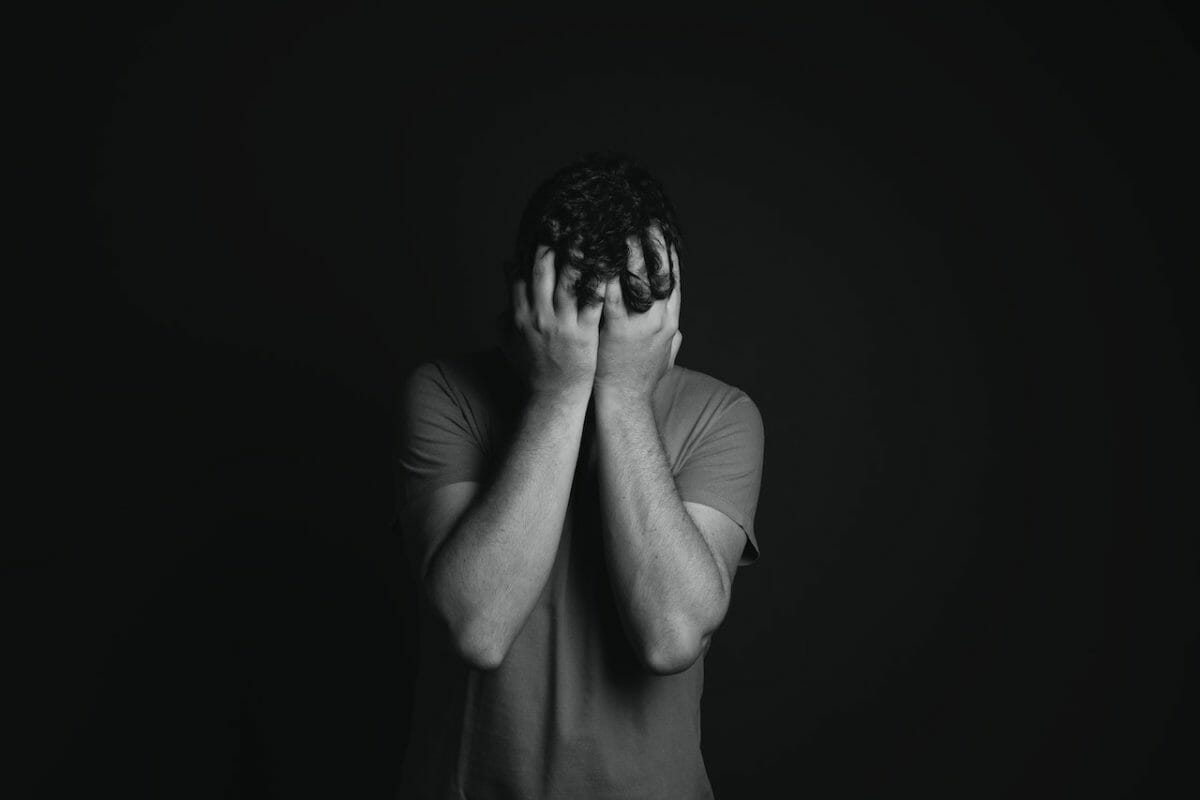Mental health is a topic that is often avoided, but it is something that should be talked about more. According to the World Health Organization, mental health disorders are some of the leading causes of disability in the world. In this blog post, we will discuss some of the mental health treatment options that have been shown to have the highest success rates. So, if you or someone you know is struggling with a mental health disorder, please keep reading.
1. Inpatient treatment
Inpatient treatment is one of the most effective mental health treatment options available. This type of treatment involves staying in a hospital or other facility where you can receive 24-hour care and supervision. Inpatient treatment can be very helpful for people who are struggling with severe mental health disorders, as it can provide them with the stability and support they need to recover. As edenbyenhance.com notes, “Inpatient treatment offers individuals a safe and structured environment in which to recover from mental illness.” One study that looked at the effectiveness of inpatient treatment found that it was associated with a significantly lower risk of suicide, self-harm, and psychiatric hospitalization. Furthermore, another study found that inpatient treatment was also associated with a reduction in symptoms and improved functioning.
2. Outpatient treatment
Outpatient treatment is another effective mental health treatment option. This type of treatment allows you to live at home and continue working or going to school while receiving care from a mental health professional. Outpatient treatment can be very beneficial for people who are struggling with mild to moderate mental health disorders, as it can provide them with the flexibility they need to continue living their lives while still receiving the help they need. There are many different types of outpatient treatment available, such as individual therapy, group therapy, and medication management. One study that looked at the effectiveness of outpatient treatment found that it was associated with a reduction in symptoms and improved functioning. Another study found that outpatient treatment was also associated with a lower risk of suicide, self-harm, and psychiatric hospitalization.
3. Psychotherapy
Psychotherapy is another mental health treatment option that is effective. This type of therapy involves meeting with a mental health professional to discuss your thoughts, feelings, and behaviors. Psychotherapy can be very beneficial for people who are struggling with mild to moderate mental health disorders, as it can help them learn how to cope with their symptoms and make positive changes in their lives. There are many different types of psychotherapy available, such as cognitive-behavioral therapy, interpersonal therapy, and family therapy. Some people may also benefit from medication management. One study that looked at the effectiveness of psychotherapy found that it was associated with a reduction in symptoms and improved functioning.
4. Medication
Medication is often the first step in treating mental illness. It can be very effective, especially for people with mild to moderate symptoms. Medication can help reduce symptoms, make it easier to cope with stressors, and improve functioning. However, medication is not a cure for mental illness, and it does not work for everyone. There are many different types of medications used to treat mental illness, and finding the right one can take time. The most important thing is to work closely with a mental health professional to find the best treatment plan for you. Common types of medications used to treat mental illness include:
- Antidepressants: These medications can help improve mood and relieve symptoms of depression. They can take several weeks to work, and they may cause side effects such as nausea, weight gain, and sexual problems.
- Anti-anxiety medications: These medications can help reduce anxiety and improve sleep. They can cause side effects such as drowsiness, dizziness, and dry mouth.
- Antipsychotic medications: These medications can help reduce symptoms of psychosis, such as hallucinations and delusions. They can cause side effects such as weight gain, drowsiness, and dry mouth.
5. Electroconvulsive therapy
Electroconvulsive therapy (ECT) is a mental health treatment that is effective for people with severe mental illness. This treatment involves passing electrical currents through the brain to induce a seizure. ECT can be very beneficial for people who are struggling with severe depression, bipolar disorder, or schizophrenia. It can provide relief from symptoms when other treatments have failed. ECT is typically done in a hospital setting, and it requires anesthesia. There are some side effects associated with ECT, such as memory loss and confusion. However, these side effects are usually temporary.
As we saw, there are many mental health treatment options available, and each one has its benefits. If you or someone you know is struggling with a mental health disorder, it is important to seek help from a mental health professional. They can help you figure out which treatment option is right for you and make sure that you get the help you need. Good luck!



